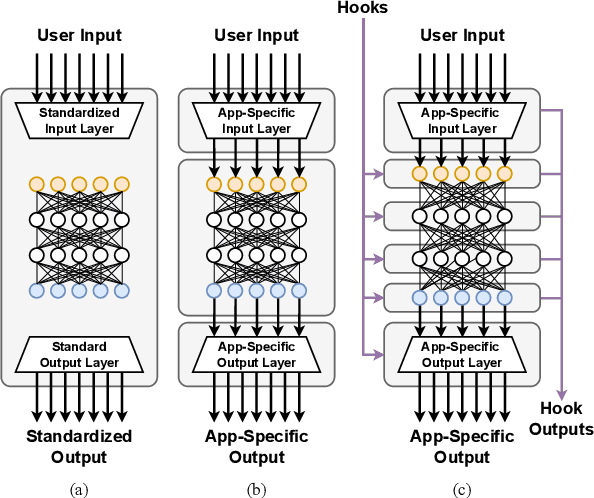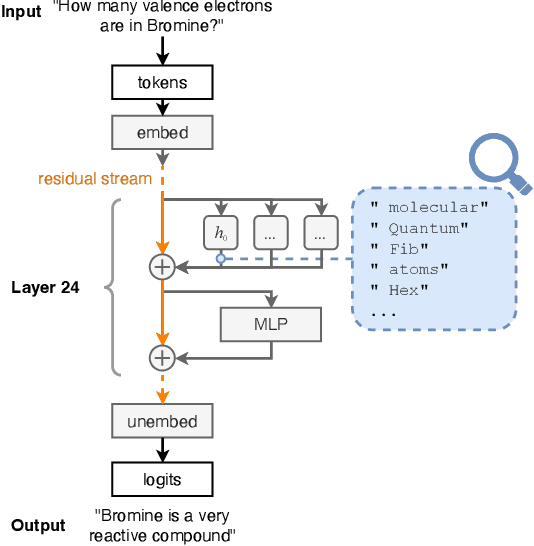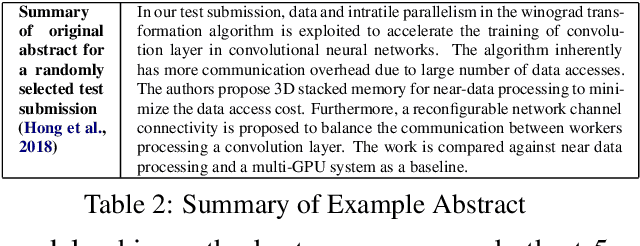Alok Kamatar
Trillion Parameter AI Serving Infrastructure for Scientific Discovery: A Survey and Vision
Feb 05, 2024


Abstract:Deep learning methods are transforming research, enabling new techniques, and ultimately leading to new discoveries. As the demand for more capable AI models continues to grow, we are now entering an era of Trillion Parameter Models (TPM), or models with more than a trillion parameters -- such as Huawei's PanGu-$\Sigma$. We describe a vision for the ecosystem of TPM users and providers that caters to the specific needs of the scientific community. We then outline the significant technical challenges and open problems in system design for serving TPMs to enable scientific research and discovery. Specifically, we describe the requirements of a comprehensive software stack and interfaces to support the diverse and flexible requirements of researchers.
Submission-Aware Reviewer Profiling for Reviewer Recommender System
Nov 08, 2022



Abstract:Assigning qualified, unbiased and interested reviewers to paper submissions is vital for maintaining the integrity and quality of the academic publishing system and providing valuable reviews to authors. However, matching thousands of submissions with thousands of potential reviewers within a limited time is a daunting challenge for a conference program committee. Prior efforts based on topic modeling have suffered from losing the specific context that help define the topics in a publication or submission abstract. Moreover, in some cases, topics identified are difficult to interpret. We propose an approach that learns from each abstract published by a potential reviewer the topics studied and the explicit context in which the reviewer studied the topics. Furthermore, we contribute a new dataset for evaluating reviewer matching systems. Our experiments show a significant, consistent improvement in precision when compared with the existing methods. We also use examples to demonstrate why our recommendations are more explainable. The new approach has been deployed successfully at top-tier conferences in the last two years.
 Add to Chrome
Add to Chrome Add to Firefox
Add to Firefox Add to Edge
Add to Edge